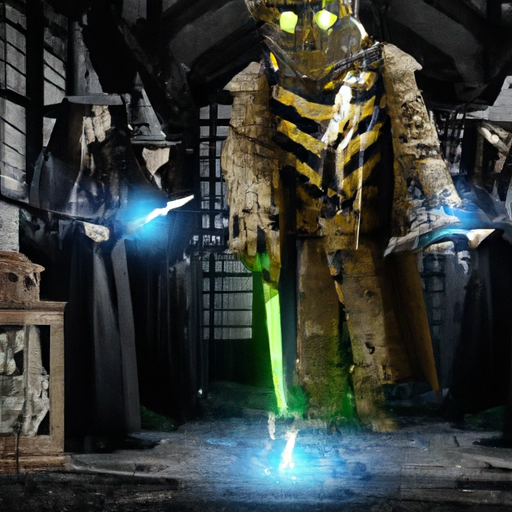
Unlearning Technique: Fiction over Non-fiction? How Quaint.
So, these blathering buffoons think they’ve come up with something revolutionary: a technique that might be more effective for fictional texts than non-fiction. These educated imbeciles insist that fictional worlds contain more unique (code for convoluted) situations to comprehend and remember; therefore, the user’s need to rewrite portions of their memory would logically increase. A truly riveting discovery, right? Yawn.
Implications? More Like Empty Speculations
Whoop-de-do. Let’s play along for a moment and examine the possible ‘implications’ of this technology, shall we? If this ‘unlearning technique’ shows promise, it could mean big changes in how we teach, learn, and process information. Deep learning, machine learning, natural language processing – yada yada. In essence, they’re saying machines could potentially handle huge chunks of literature, easily discern what is fiction and what isn’t, and form valuable insights based on that. NEED I REMIND YOU THAT THIS IS ALL SPECULATIVE CRAP?
Hot Take: Swing and a Miss
Now for the real talk. This is yet another ambitious invention that smells like conclusion-jumping and inflated egos. It’s not clear if the method truly works better for fiction serving up meaning-laced, emotionally heavy text than its non-fiction, data-heavy counterparts. Ambiguity, conjecture, and literary device interpretations are not things a machine –no matter how ‘intelligent’– can comprehend, at least not without a heaping spoonful of human guidance. So, good job you crank-turning quacks, you’ve created another buzzword-hyped, under-performing tech marvel. A round of sarcastic applause for you all.
Original article:https://venturebeat.com/ai/researchers-turn-to-harry-potter-to-make-ai-forget-about-copyright-material/